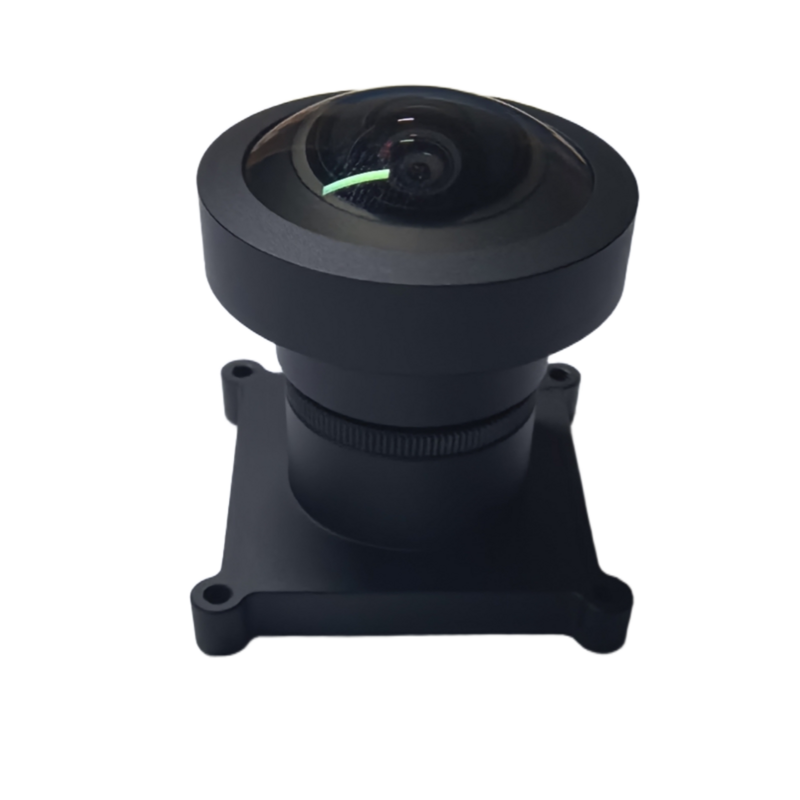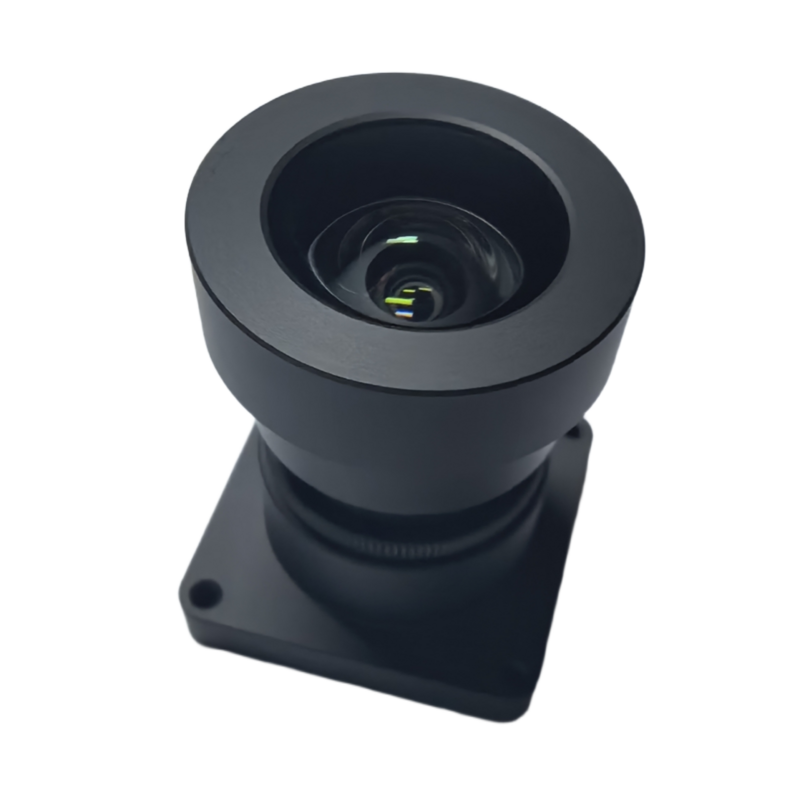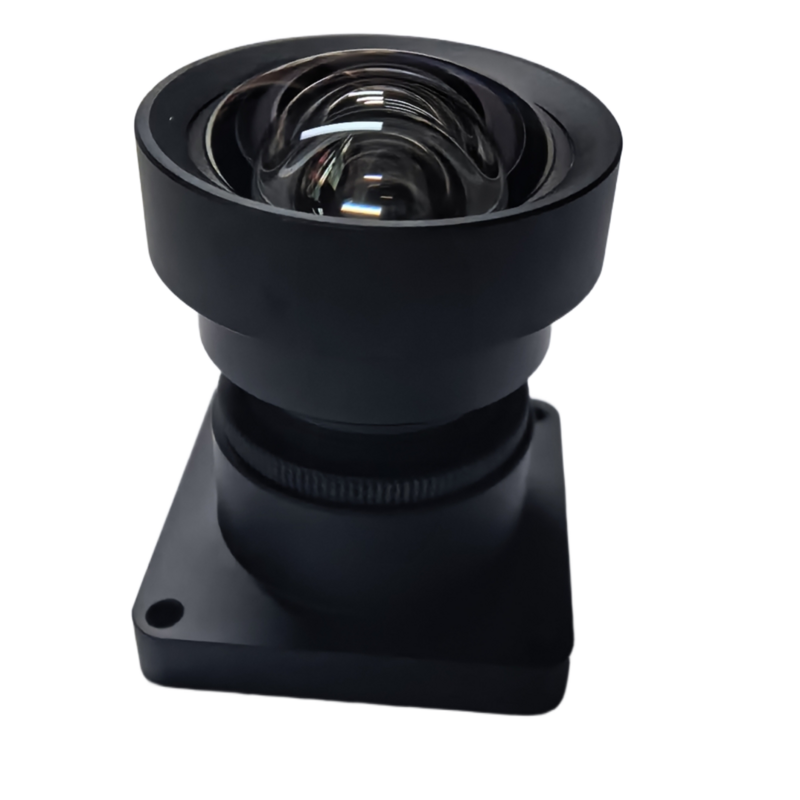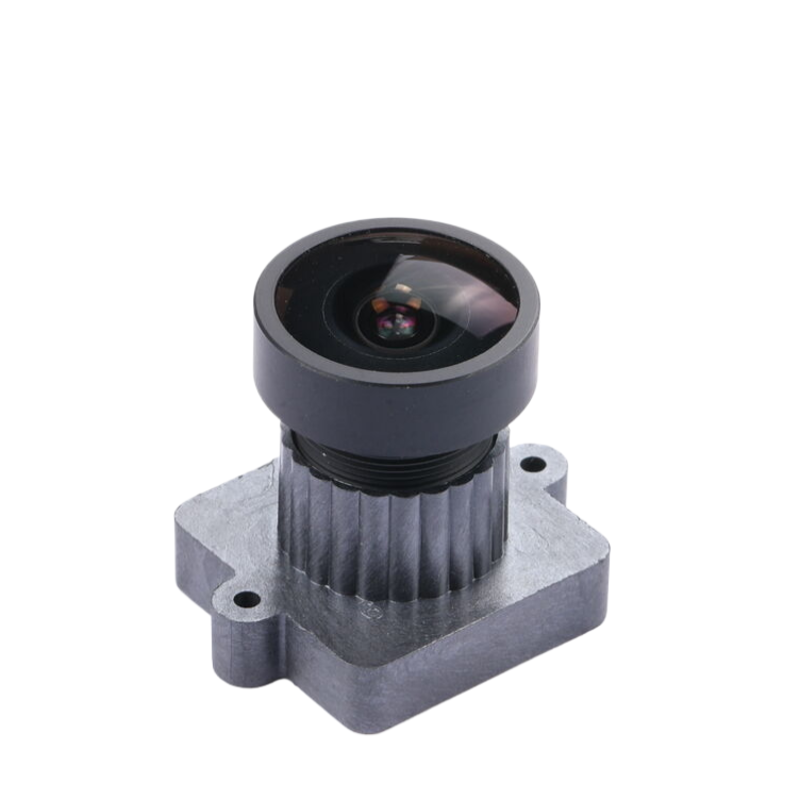Industrial News
Enhancing Precision and Safety in Vision Correction Procedures
The use of medical lenses has revolutionized the field of ophthalmic surgery, allowing for enhanced precision and safety in vision correction procedures. With advancements in technology, these lenses offer surgeons a range of options to improve patient outcomes. In this article, we will explore three key skills that are crucial for utilizing medical lenses effectively in ophthalmic surgery.
1. Accurate Lens Selection
The first skill lies in accurate lens selection. Ophthalmic surgeons must have an in-depth understanding of various medical lenses to choose the most appropriate one for each patient and procedure. Different lenses serve different purposes, such as correcting refractive errors, improving focusing ability, or providing magnification for delicate surgeries. By carefully evaluating patient needs and considering factors like lens power, material, and design, surgeons can achieve optimal visual outcomes.
2. Proper Lens Placement
Proper lens placement is another critical skill in ophthalmic surgery. It involves precise positioning of the lens to ensure maximum visual correction and minimal postoperative complications. Surgeons must handle and insert lenses with utmost care to prevent damage to delicate eye structures. This skill necessitates steady hands, excellent hand-eye coordination, and a comprehensive understanding of ocular anatomy. By mastering these techniques, surgeons can minimize the risk of lens dislocation, infection, and other surgical complications.
3. Effective Lens Cleaning and Maintenance
The third skill involves effective lens cleaning and maintenance. Medical lenses play a crucial role in surgical procedures, and any contamination or debris on the lens surface can compromise visual outcomes and patient safety. Therefore, surgeons must follow strict cleaning protocols to ensure lenses are free from any impurities before and after use. Additionally, proper maintenance, such as regular inspections and appropriate storage, extends the lifespan of these lenses and safeguards their optical integrity.
In conclusion, the skills of accurate lens selection, proper lens placement, and effective lens cleaning and maintenance are essential for utilizing medical lenses in ophthalmic surgery. These skills empower surgeons to deliver precise, safe, and successful vision correction procedures. With the continuous advancements in medical lens technology, ophthalmic surgery continues to evolve, offering patients improved visual outcomes and greater satisfaction.
 English
English  German
German Japanese
Japanese Korean
Korean Vietnamese
Vietnamese French
French Spanish
Spanish भारत
भारत



